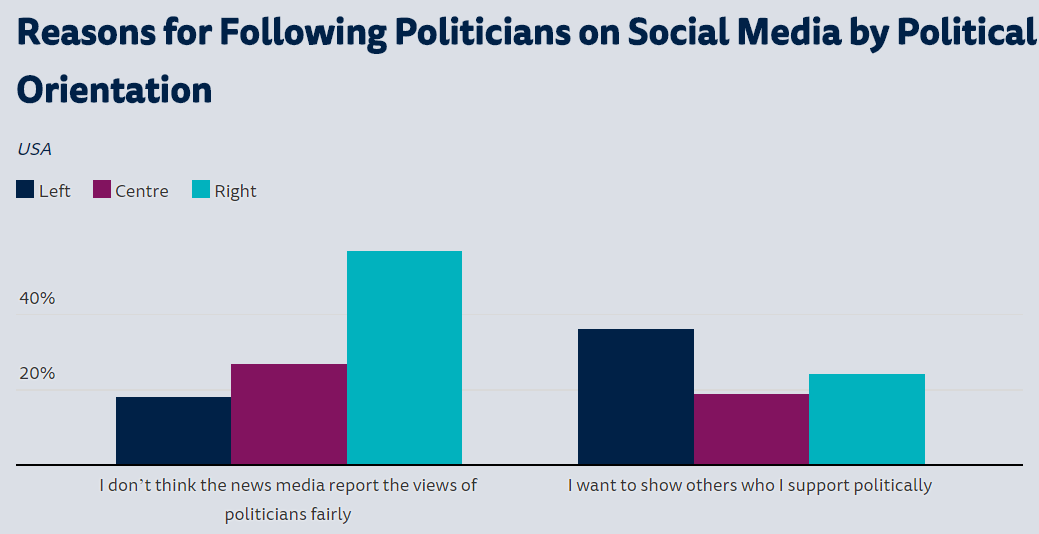In recent years, social media has become an integral part of daily life, providing platforms for communication, information-sharing, and interaction. While it offers numerous benefits, one significant concern is the influence it exerts on political decision-making. Platforms such as Facebook, Twitter, and Instagram enable politicians, governments, and citizens to engage directly, share opinions, and rally support. However, this influence is not always positive, and many argue that it can undermine the political process.
A major concern is the spread of misinformation and fake news. Previously, news was disseminated through traditional media – newspapers and television – which were subject to editorial oversight and fact-checking. Today, anyone can post content on social media without verification, enabling the rapid spread of falsehoods. Politicians and parties sometimes exploit this, manipulating public opinion through misleading or outright false claims. This trend has been especially prominent during elections, such as the 2016 United States presidential election, where allegations of foreign interference and fake news shaped voter perceptions. Misinformation of this nature misleads the electorate, leading to decisions based on distorted facts.
The ‘echo chamber’ effect further complicates matters. Users are often exposed only to content that aligns with their beliefs, reinforcing biases and excluding dissenting perspectives. Social media algorithms prioritise engagement – often favouring sensational or emotionally charged material – which results in users encountering views that mirror their own. This deepens political polarisation, making compromise increasingly difficult. Politicians often exploit this by tailoring messages to specific demographics, exacerbating division and undermining democratic deliberation.
Social media has also given rise to ‘micro-targeting’ in political campaigns. By harvesting vast amounts of personal data, campaigns can deliver highly personalised advertisements that appeal to individual fears or desires. While effective, this raises ethical concerns. Such tactics manipulate voters emotionally, often at the expense of informed decision-making, and contribute to increasing political division.
Another worrying trend is the amplification of extremism and hate speech. Social media enables individuals with radical views to find like-minded groups, organise, and spread harmful ideologies. In some instances, this has incited real-world violence – as with the 2019 Christchurch mosque shootings, which were livestreamed online. The ease of sharing extremist content hampers regulation efforts, allowing toxic narratives to flourish and influence political discourse.
Despite these challenges, social media has democratic potential. It can amplify marginalised voices, increase political awareness, and foster inclusive discourse. Yet the harms must not be overlooked. Governments, platforms, and users must work collaboratively to mitigate risks. Platforms must take responsibility for monitoring content, addressing misinformation, and removing extremist material. Users must also be more critical and discerning, actively seeking diverse perspectives to escape ideological silos.
In conclusion, social media plays a powerful role in shaping politics. While it enhances engagement and inclusivity, its darker aspects – from misinformation to radicalisation – pose real threats to democracy. As we move forward, these challenges must be addressed to ensure that social media contributes positively, rather than undermines political decision-making.
Provided by SyndiGate Media Inc. (
Syndigate.info
).







